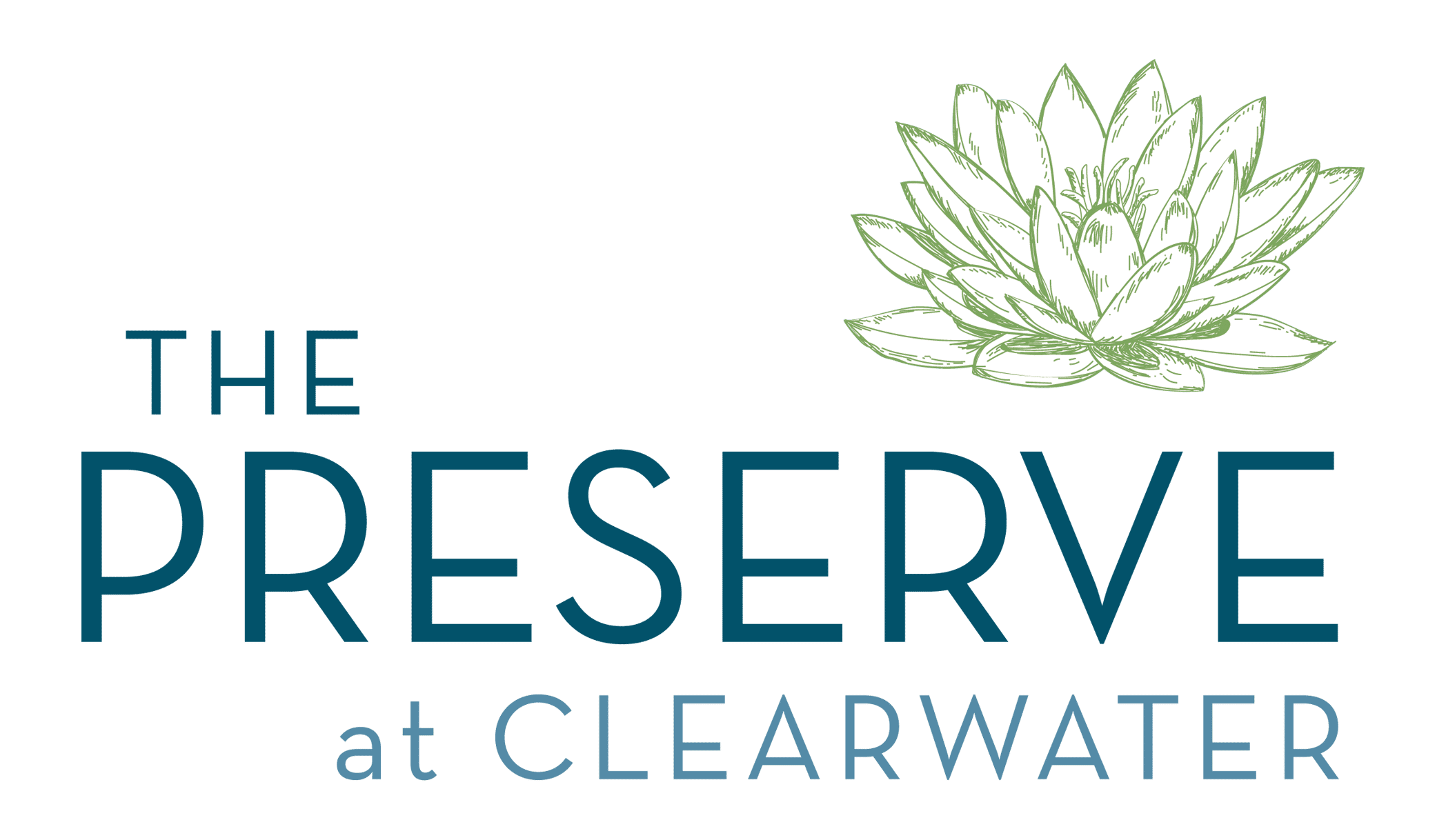
In the modern medical world, when someone is diagnosed with a disease, the usual first step is to be prescribed a well-proven medicine (or two) as a remedy. For dementia and one of its most common causes, Alzheimer’s disease, therapies that stop the disease have been elusive. But the outlook may be changing, at least for people diagnosed with Alzheimer’s in its early stages.
Recent Food and Drug Administration approvals of two medications that slow the disease in some patients bring tempered excitement, says James Leverenz, M.D., director of the Lou Ruvo Center for Brain Health at the Cleveland Clinic. “Perhaps we are on the road to being able to modify the disease, slow progression.”
Dementia describes cognitive decline that interferes with a person’s ability to perform daily tasks, such as managing money. Our lack of a full picture of the causes of dementia has made it frustratingly difficult to develop medicines that stop the disease, let alone reverse its progress.
Drugs that have been around for decades “are designed for the treatment of symptoms, and their effects are modest,” Leverenz says.
Among the various types of dementia, Alzheimer’s disease has been the focus of most of the drug development work. Nearly 7 million Americans live with Alzheimer’s disease. The past two years have been encouraging, as two drugs have shown effectiveness in clinical testing in people at the early stages of Alzheimer’s disease, specifically mild cognitive impairment and mild dementia. These stages are not to be confused with early onset Alzheimer’s, which occurs before age 65.
The two recently approved drugs appear to slow the progression of disease, but each comes with drawbacks.
As research moves new drug options to the forefront, studies also point to lifestyle changes, some of them intensive, that can help prolong everyday function and improve behavioral and psychological symptoms of the disease. Below is a look at the medications available and what’s on the horizon.
FDA-approved medications to slow Alzheimer’s
Two drugs have full FDA approval to treat people with early stage Alzheimer’s. Both drugs target one of the abnormal proteins that build up in the brains of Alzheimer’s patients, and both approvals came with caution. The drugs are named Leqembi (lecanemab) and Kisunla (donamemab).
A third drug, Aduhelm (aducanumab), got conditional FDA approval in 2021 but was discontinued by its maker, Biogen, in late January.
To learn more about Alzheimer’s disease treatments, from AARP, CLICK HERE.

